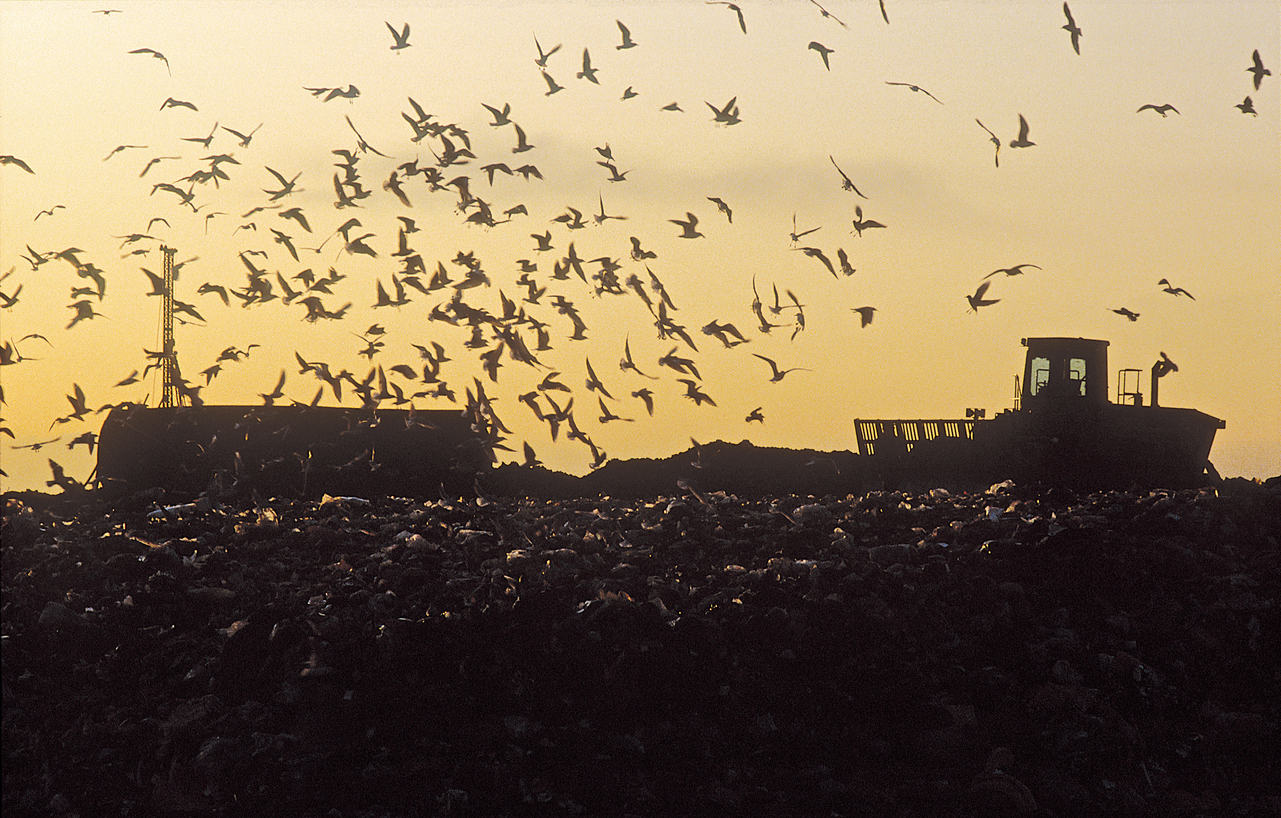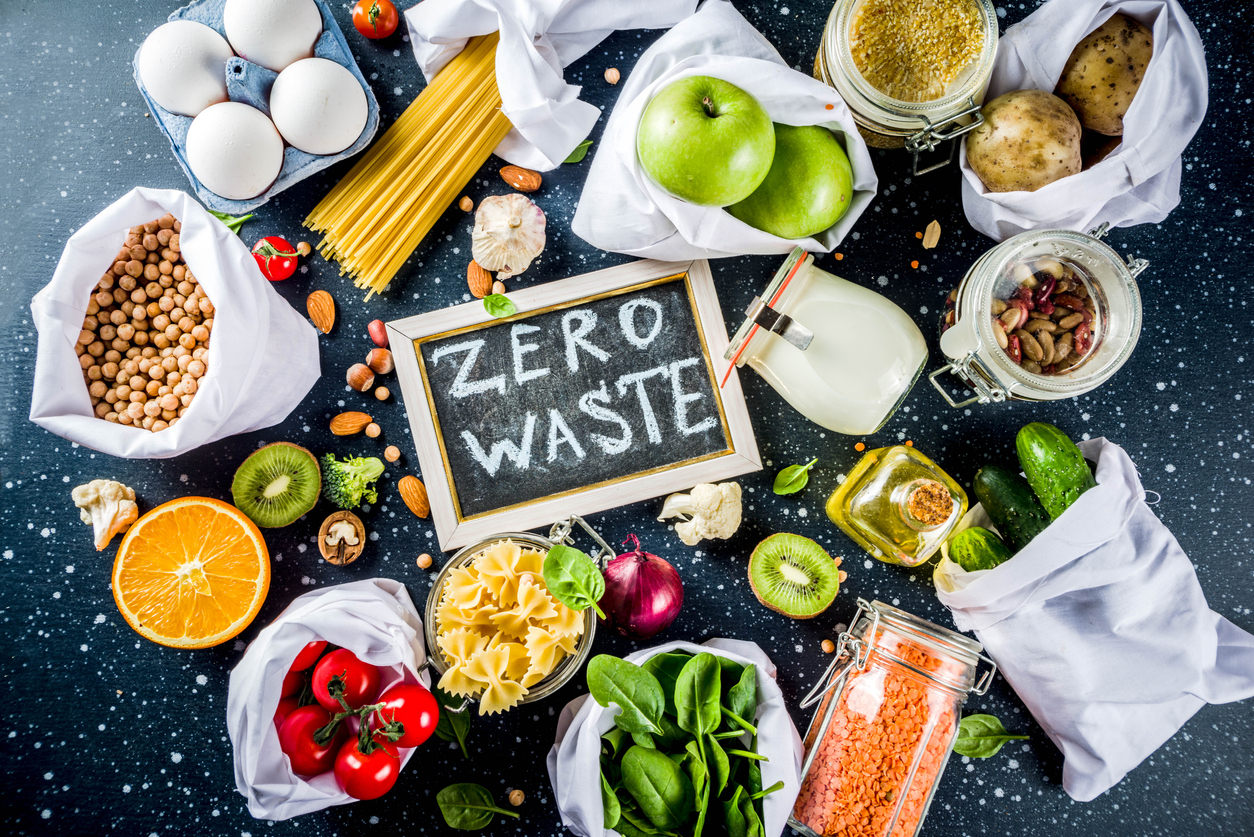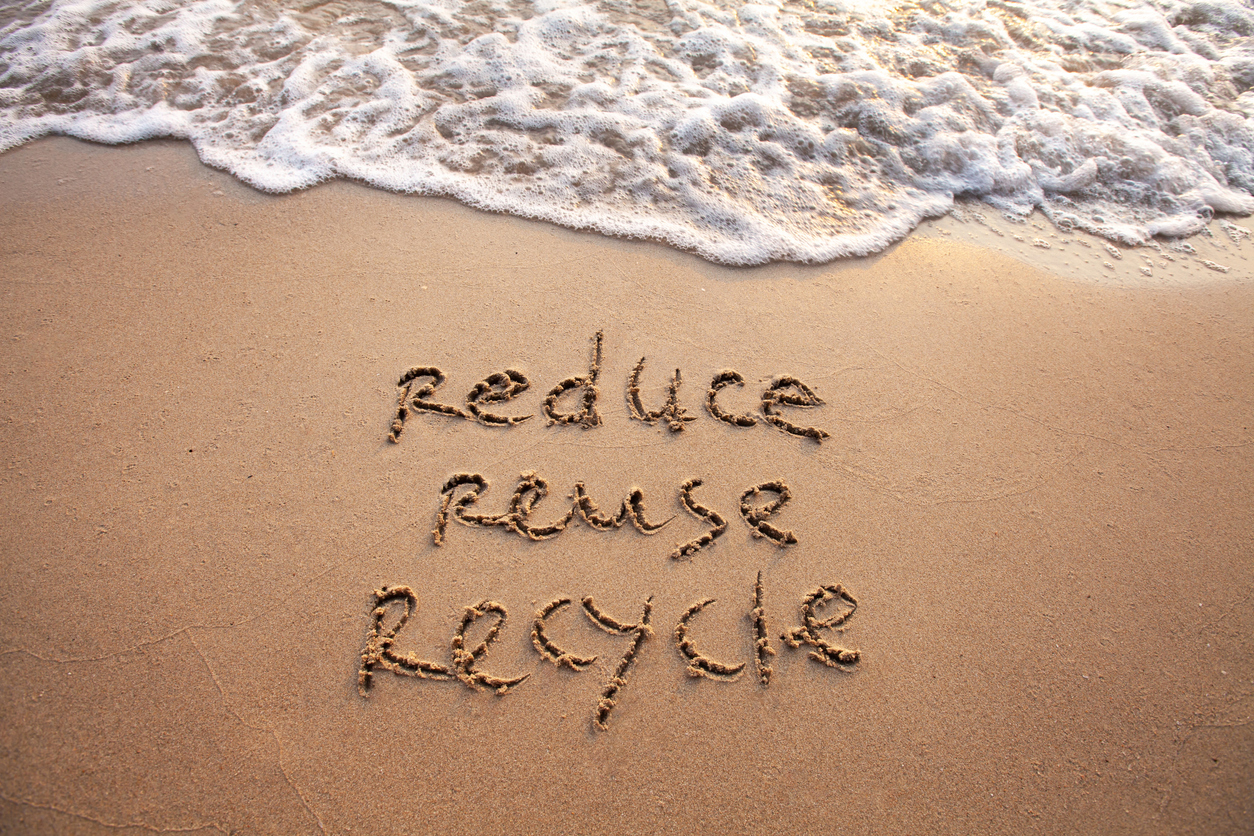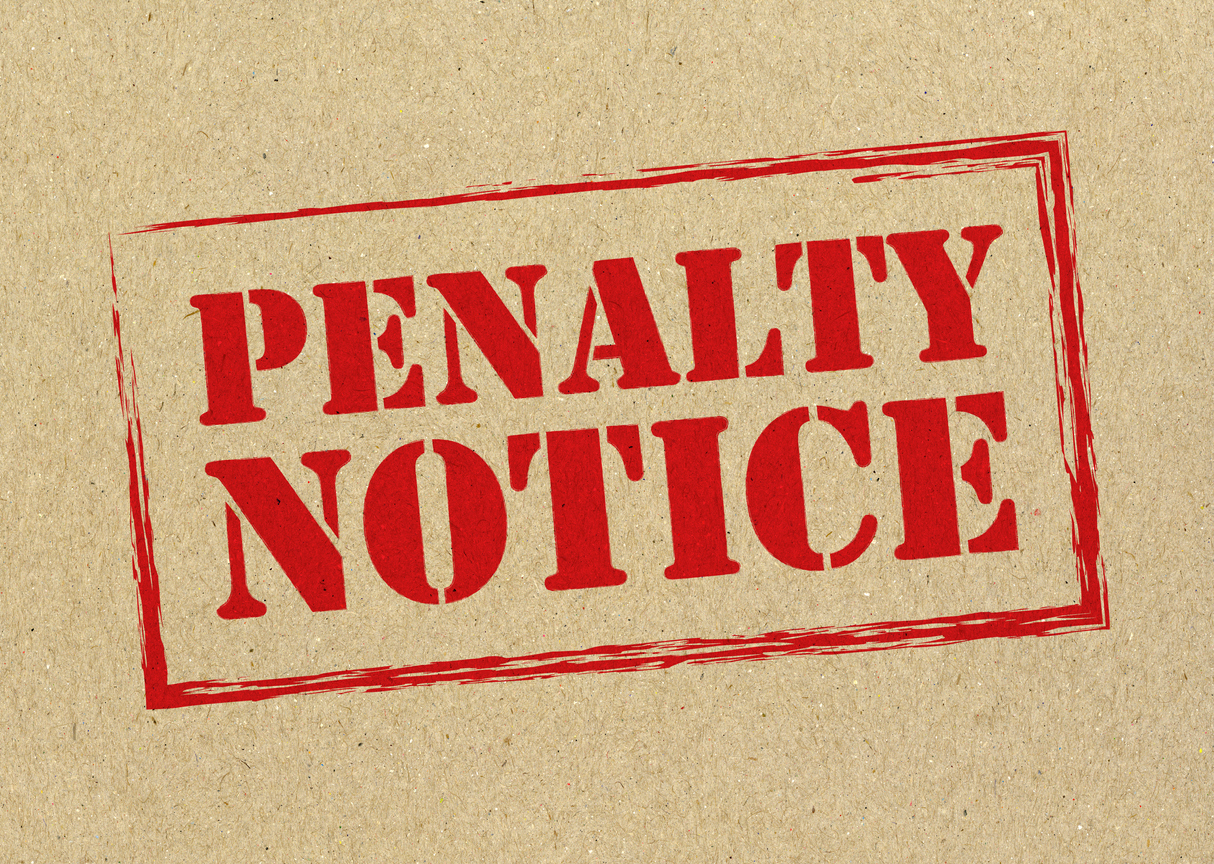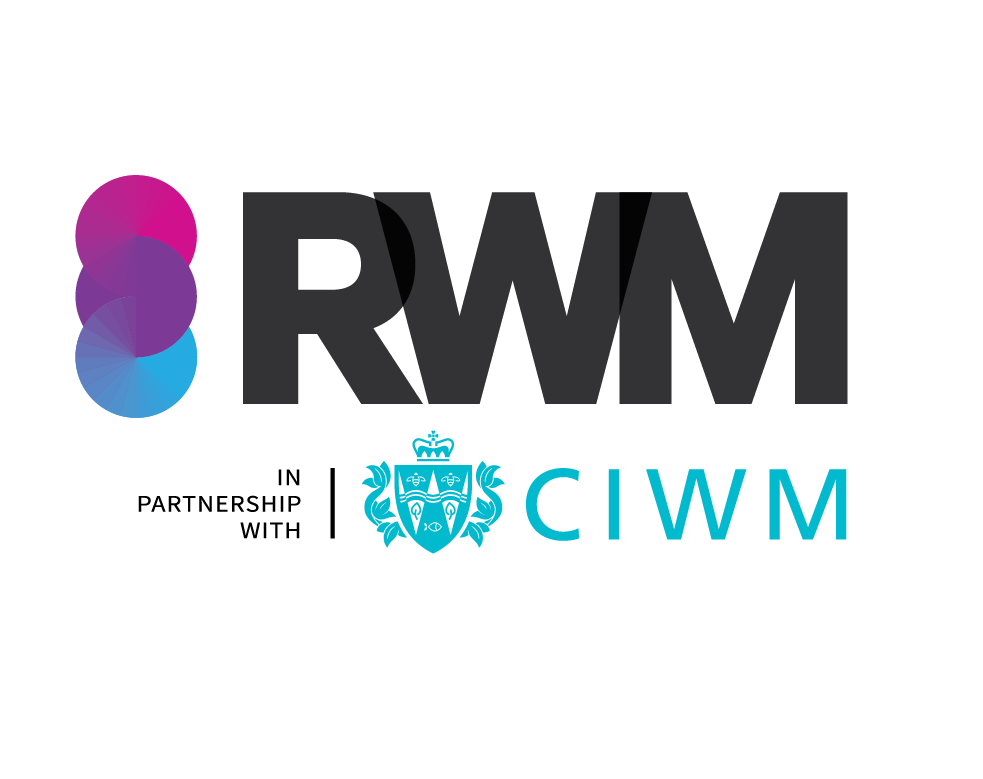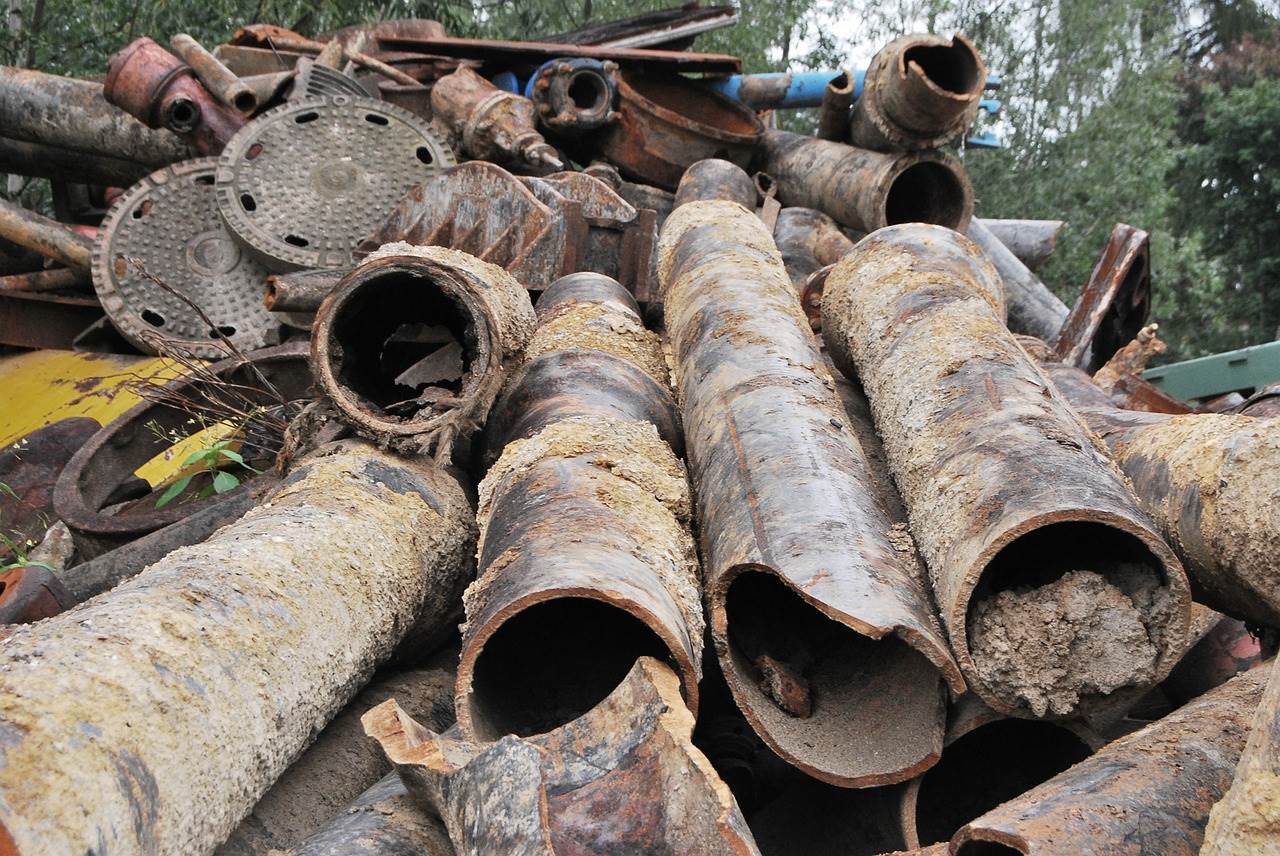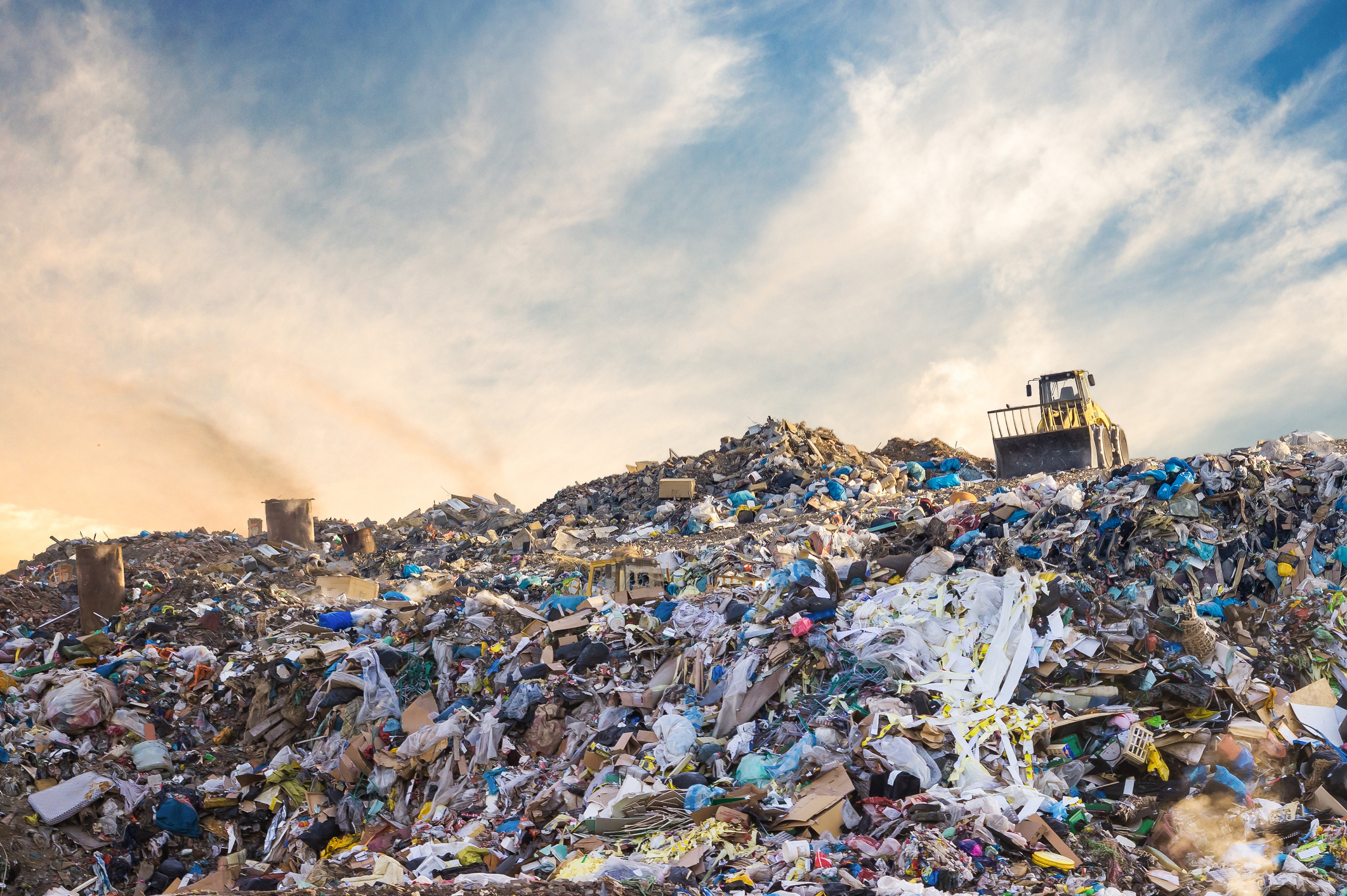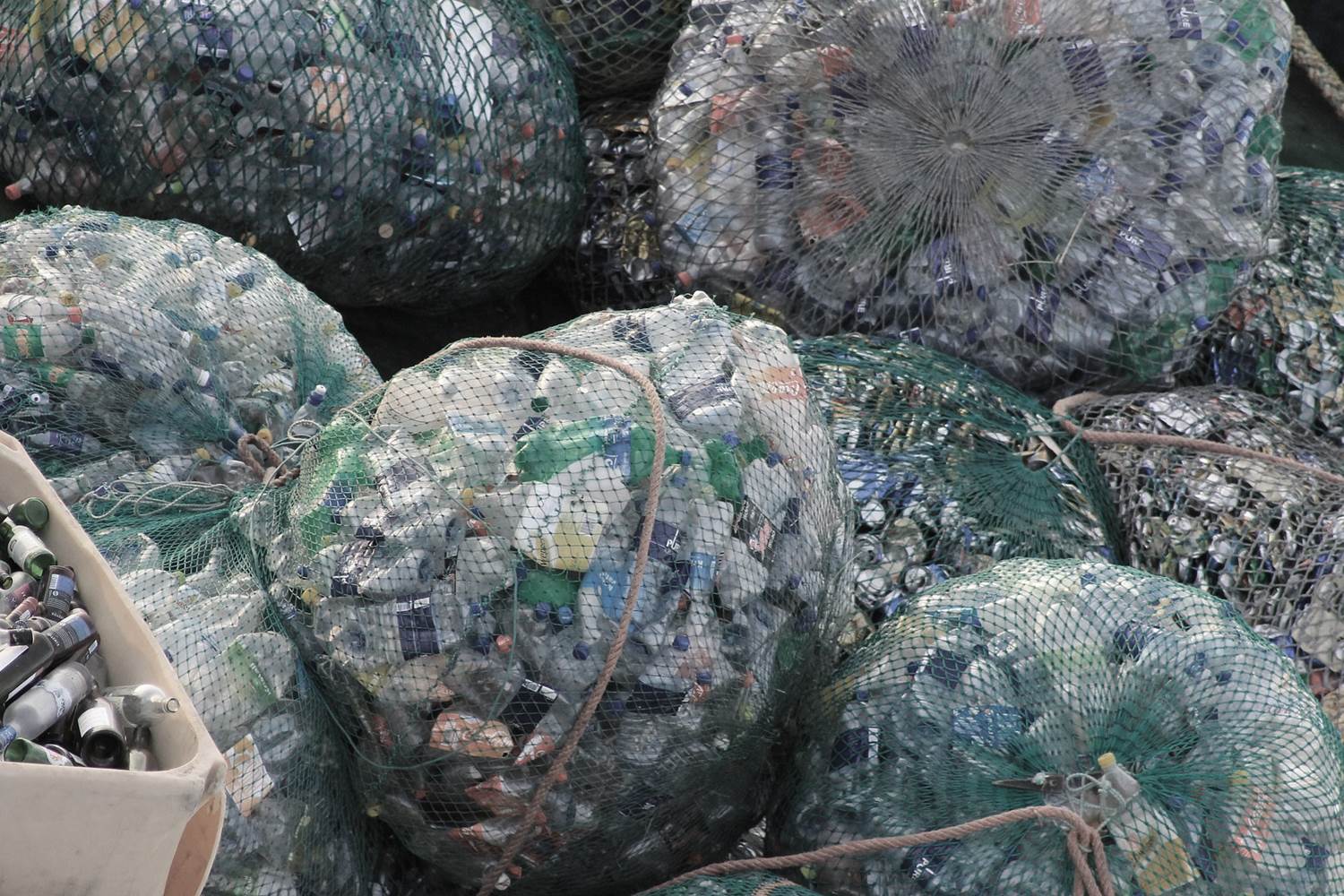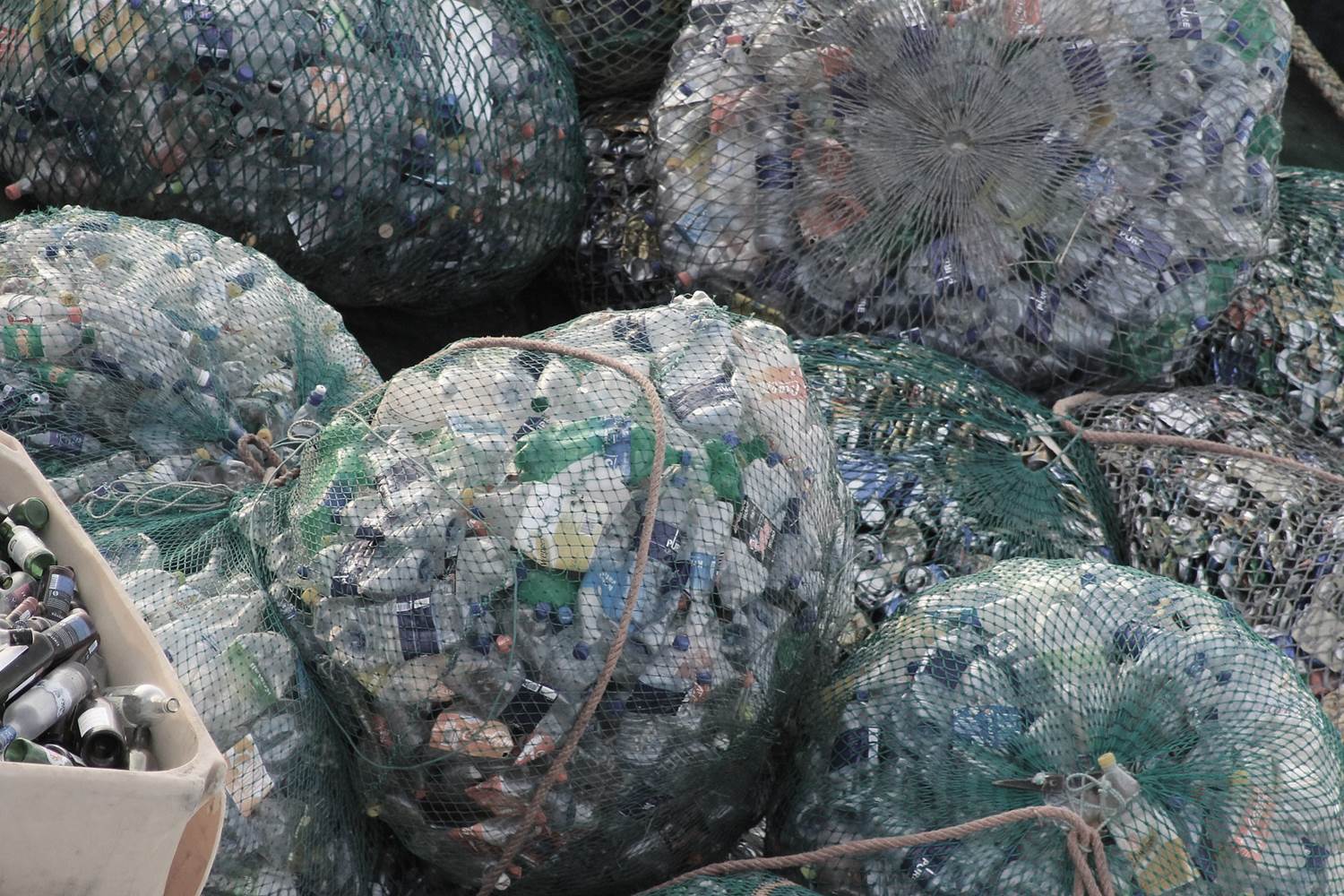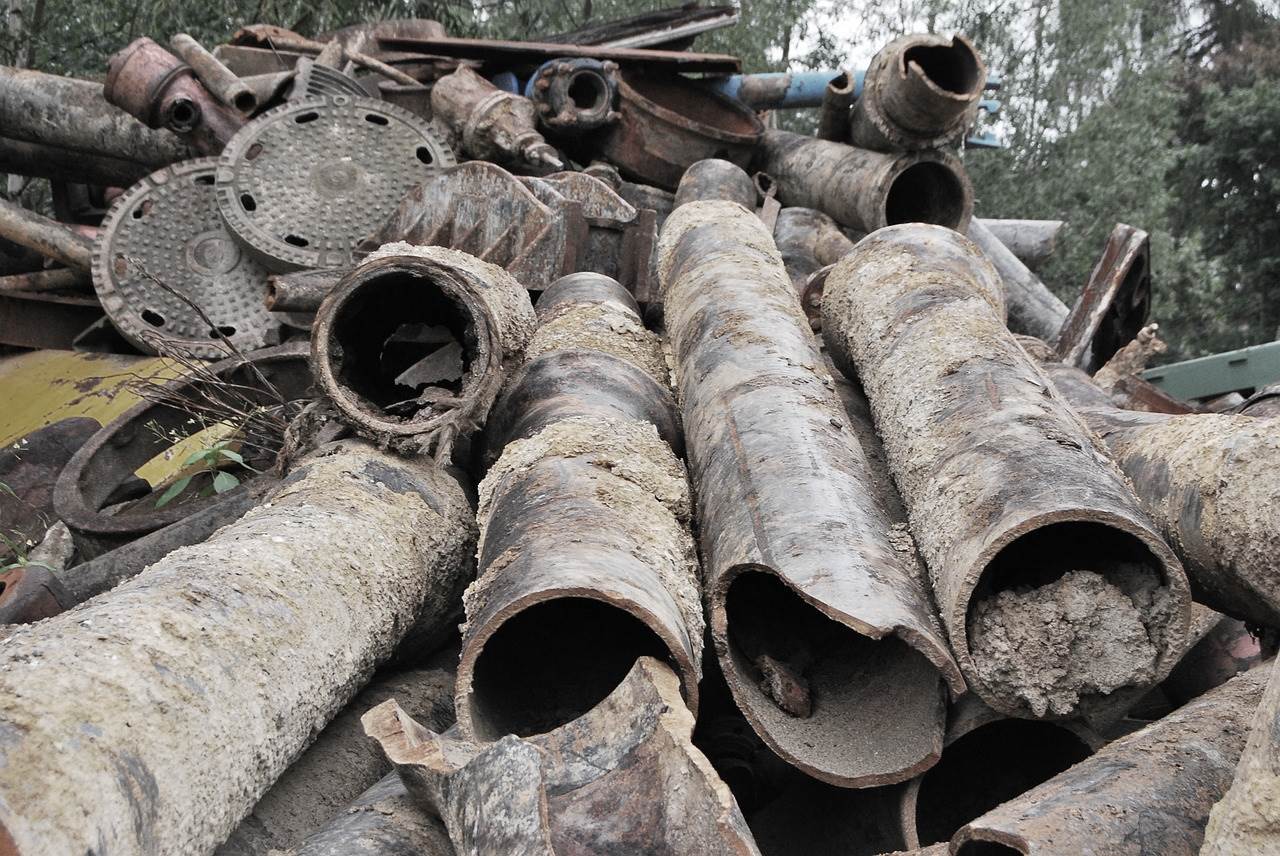
Red Diesel Entitlement to be Scrapped for Majority – What are the Rules?
Date: 22/03/2022 | Environmental, Regulatory Law
Red diesel entitlement is set to be scrapped for most industries on 1st April 2022 despite calls for a rethink.
Last year I commented that a rethink was needed on the red diesel policy:
https://projectscot.com/2021/06/rethink-needed-on-red-diesel-policy/
A number of industry bodies (including Resource Management Association Scotland (RMAS)) have voiced their opposition to the impending changes to the tax rules on the fuel. The skip hire trade association UROC have now sent a letter, co-signed by a number of waste organisations including the Chartered Institution of Wastes Management, requesting that the Chancellor of the Exchequer review the position:
https://www.letsrecycle.com/news/uroc-leads-review-call-over-red-diesel-tax-change/
There is also a petition to delay removal of the red diesel entitlement from the construction industry:
https://petition.parliament.uk/petitions/607637
What is red diesel and why is a policy aimed at meeting climate and air quality targets creating such an issue?
What is red diesel?
Red diesel is diesel dyed to show that that it has attracted a significant tax rebate. The dye allows HMRC to check whether the diesel has been used legally. Red diesel is used across many sectors including agriculture, waste and recycling, and construction.
What is changing?
From 1st April 2022 most sectors except agriculture (including horticulture, forestry, and fish farming), rail and non-commercial heating will no longer be allowed to use red diesel.
Why all the fuss?
The UK Government argue that removing most red diesel entitlements will help to ensure that the tax system incentivises users of polluting fuels, like diesel, to improve the energy efficiency of their vehicles and machinery, invest in cleaner alternatives, or simply use less fuel.
While the policy intention is to be commended, there are questions over its timing, practical application and unintended consequences.
The lack of viable alternatives
The lack of viable alternatives could see businesses facing huge unavoidable costs at the very time when many businesses are trying to get back on their feet following the impact of the pandemic and other developments such as Brexit. The letter to the Chancellor sent by UROC states that ‘The use of red diesel is imperative for recycling with the majority of plant and machinery running off diesel powered engines. There is not yet any market ready kit using alternative fuels to replace that in existence’ and ‘…there is still very limited capacity on the grid to convert sites to run on electric and insufficient infrastructure to power remote sites in rural locations’.
Costs which will have to be passed on to consumers and could put waste operators out of business
RMAS argue that the removal of the exemption will increase the cost of recycling as operators face significantly higher charges. Brian Ritchie, Chair of RMAS said ‘Some of the estimated 15% cost rises facing our members will have to be passed down the line to customers, suppliers and contractors’ which will ‘ultimately hit consumers further contributing to the current cost of living crisis in the UK’. In the letter to the Chancellor UROC submit that the Treasury’s impact assessment which states that there will not be any macroeconomic impacts doesn’t reflect the true picture as paying the cost differential between red and white diesel represents a 55% increase ‘which is simply not financially sustainable and may be the last nail in the coffin for many operators’. https://www.letsrecycle.com/news/rmas-calls-for-rethink-on-ill-conceived-red-diesel-ban/
So what should be done?
A phased in approach with reasonable lead-in time, which would ensure alternative technology is available and mitigate huge cost increases, would enable operators to transition more comfortably towards greener solutions and remain in business.
Given that it is the general public who will likely foot much of the bill, some flexibility on red diesel regulation seems inherently sensible.
My business uses red diesel and is not exempt. What should I do?
Despite the widespread criticism and lobbying, the removal of the entitlement is set to be implemented on 1st April 2022.
With HMRC having the ability to seize vehicles misusing red diesel and impose fines and sanctions on those who have intentionally or recklessly broken the law it is important to prepare for the changes.
HMRC advise those no longer eligible to use rebated fuel to run down the fuel they have to as close to nil as practically possible before 1st April 2022. After this date red diesel must not be put into vehicles or appliances no longer eligible to use it. Fuel which was legally put into the vehicle prior to this date may be used up but any red diesel stored out with a vehicle fuel tank must be disposed of or given to a business eligible to use it. Records should be kept to show when and how the fuel was disposed of or sold. Disposals must be carried out safely and correctly through an approved waste oil recycling or disposal company. Those who have large surpluses and are concerned that they will not be able to use or dispose of it correctly before the deadline should contact oils.policymail@hmrc.gov.uk.
Those who use vehicles, machines or appliances for both accepted and non-accepted purposes are advised to consider using some for accepted and others for non-accepted purposes. If this is not practical you must either use full duty fuel for all uses or drain and flush the tank of red diesel before the vehicle, machine or appliance is put to a non-accepted use.
At Davidson Chalmers Stewart we assist organisations in understanding what their responsibilities are, and will be, and help them plan for the changes needed to ensure business continuity.
If any of the issues resonate with you or you would like to understand more about the potential impact on your business, please contact Laura Tainsh at laura.tainsh@dcslegal.com












